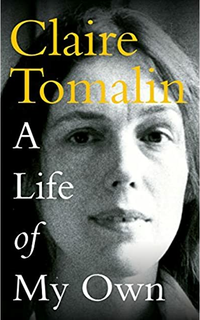Collection
I have only browsed this so far, but it is definitely worthy of mention.
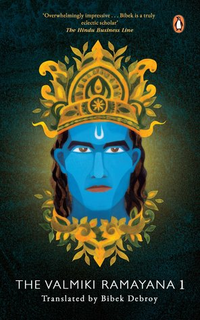
The author is Peter Guardino and the subtitle is A History of the Mexican-American War. This book brought the War to life for me as no other book has, most of all by considering issues of morale, organization, and how hard did the Mexicans really fight back (more than many sources claim). Here is one good “fact of the day”:
Between 1829 and 1860 around 14 percent of regular army soldiers deserted every year.
That’s for the American army, not the Mexicans. This one is good enough to make my best of the year list, so it will be on the addended version.
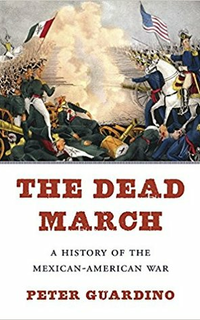
Imagine a German-born, ethnically Iranian (Sunni?) Muslim — Navid Kermani — wandering around the religious art of Western Europe and telling you what he really thinks, in fairly analytical terms. I am very much enjoying this book, here is one excerpt:
One reason why the zest that Catholic art has for Jesus’s suffering leaves such a bad taste in my mouth is no doubt because I am familiar wit it, and unfamiliar with it, from Shia. I am familiar with it because the celebration of martyrdom in Shia is just as excessive, bordering on the pornographic, and I am unfamiliar with it because, in my grandfather’s faith, which was more influential than any other point of reference in my own religious upbringing, precisely this aspect of Shia played no part, indeed was rejected as folk belief and superstitition, a dissuasion from making the world a better place instead of just lamenting its condition. [Guido] Reni does not glorify pain; he doesn’t show it at all. He accomplishes what other crucifixion scenes only suggest: he transposes suffering from the physical to the metaphysical.
And this:
If the Greatest Master of Sufism claims that the contemplation of God is most perfect in women, the Christians’ images confirm it.
Definitely recommended (for some of you), and I have ordered many more of Kermani’s books.
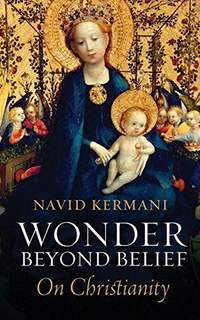
At first this was slated for my 2018 list, but it turns out the Kindle edition is out now, so it gets to make both lists.
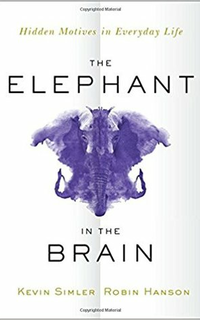
translated by Emily Wilson. I haven’t read this yet, but it is getting consistently rave reviews.
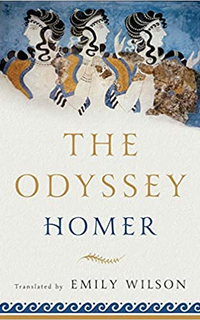
Where?, I hear you asking. No, that is the title of a new book by Karl Sigmund and the subtitle is The Vienna Circle and the Epic Quest for the Foundations of Science. I enjoyed this book very much, though I don’t recommend it as a balanced introduction to its chosen topic. I liked it best for its whims and interstices:
1. The mathematician Richard von Mises (brother of economist Ludwig) was a patron of Rilke, and he established a foundation for the sole purpose of supporting Robert Musil.
2. Carl Menger was planning on writing a philosophical treatise, and one which would have had a “Vienna Circle” anti-metaphysical slant.
3. Arguably Karl Popper learned the most from a polymathic cabinetmaker he was apprenticed to in his youth.
4. Friedrich Wieser had supported Mussolini, but a young Oskar Morgenstern, in his diary, complained that Wieser was too liberal.
5. Morgenstern later became a confirmed liberal, and he also remarked a few times that game theory was for the social sciences completing the research program of Kurt Gödel.
6. Karl Popper complained that Wittgenstein threatened him, in a lecture, with a poker. It is not obvious this was the case.
7. I came away from my read wanting to sample more Ernst Mach, more Moritz Schlick, and thinking Otto Neurath was perhaps badly underrated.
Note that most of the book is more serious than this, and less concerned with economists, much more with math and science and some psychoanalysis and positivism too.

